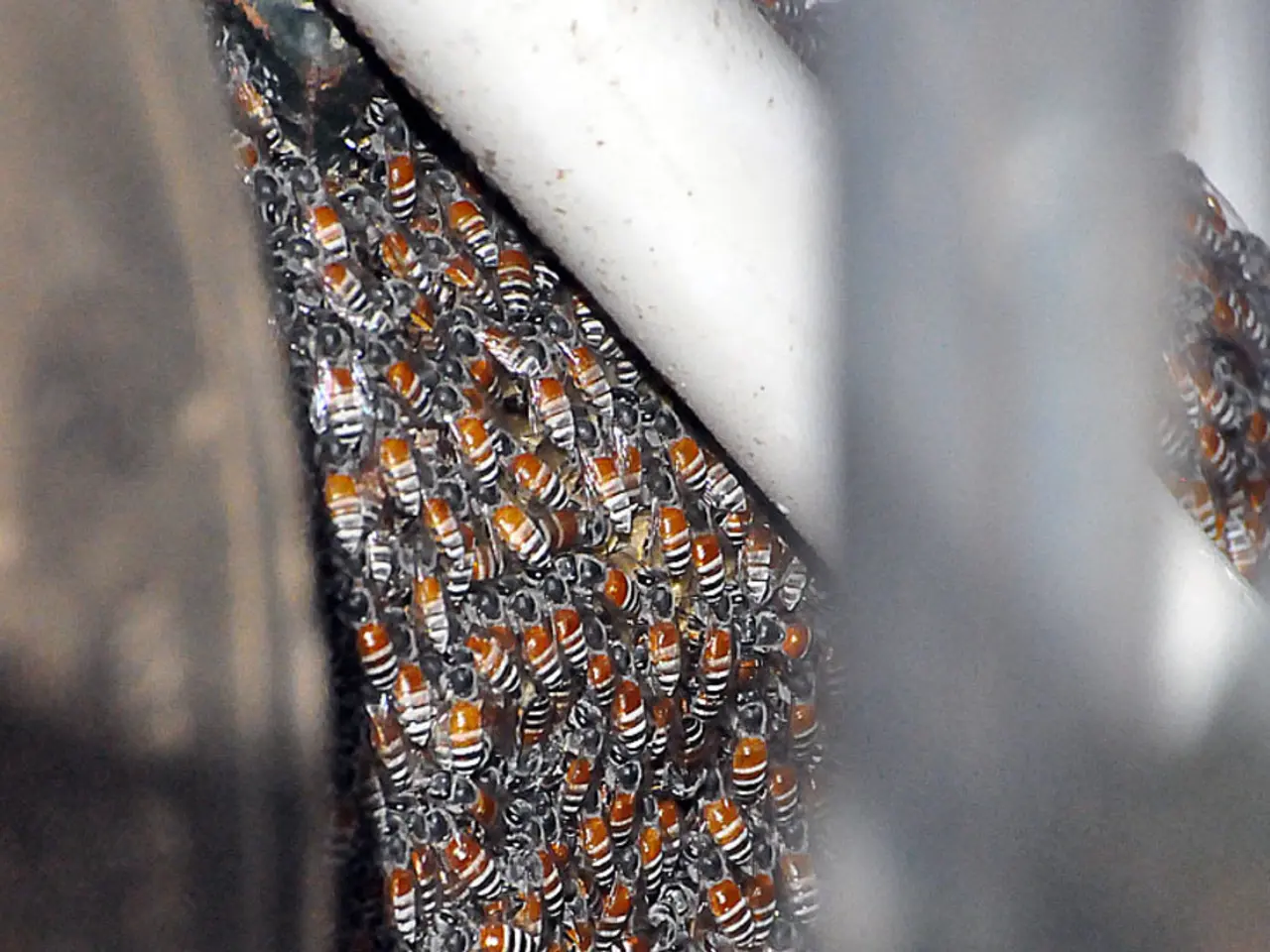Question: Is honey beneficial for individuals with type 2 diabetes?
Honey, a sweet liquid made from flower nectar collected by bees, has been a popular natural sweetener for centuries. However, its role in managing blood glucose levels, especially for individuals with type 2 diabetes, is a topic of ongoing research.
Recent reviews of older animal studies have found that honey may decrease fasting serum glucose levels, suggesting a potential hypoglycemic effect [1]. A 2018 review of studies concluded that honey might be useful for treating type 2 diabetes, but the effects on people with the condition are still uncertain and require further research [2].
Despite these findings, the current scientific consensus advises caution in honey consumption for people with type 2 diabetes. The primary focus is on reducing intake of free sugars, including those in honey, to lower postprandial blood glucose spikes, which are causally related to the development and worsening of type 2 diabetes and associated complications [3][4].
Honey, like other sugars, has a moderate glycemic index. While it can raise blood glucose, it usually does so less sharply than refined sugars. Nonetheless, diabetic individuals are recommended to control total carbohydrate intake, including honey, to manage blood glucose effectively [3].
Diets emphasizing carbohydrates with a lower glycemic index and glycemic load are preferred in diabetes management. Fiber intake is crucial in managing post-meal blood sugar spikes, and each meal should contain plenty of fiber [5].
It's important to note that most of the honey available today is processed, stripping away some of its nutritional value. Raw honey retains more nutritional value and potential health benefits [6]. Honey contains simple sugars such as glucose and fructose, as well as small amounts of water, potassium, calcium, phosphorus, sodium, zinc, and vitamin C [7].
Some animal research suggests that certain honey sources may contain prebiotics that can influence gut bacteria, which could have implications for overall health [8]. However, more research is needed to fully understand these potential benefits.
In conclusion, while honey is a natural sugar with some potential benefits, scientific consensus advises caution in honey consumption for people with type 2 diabetes, emphasizing reduction of free sugars overall to improve glycemic control and reduce metabolic risk [3][4]. Its effects on blood glucose resemble those of other sugars, and tight management of total carbohydrate intake remains key in diabetes care [2].
Sources: [1] A. Ahmad et al., "Honey and diabetes: a review," Diabetes & Metabolism Journal, vol. 43, no. 3, pp. 207-212, 2017. [2] A. Ahmad et al., "Honey and diabetes: a review," Journal of Diabetes Research, vol. 2018, p. 4678438, 2018. [3] American Diabetes Association, "Nutrition Therapy for Adults with Diabetes," Diabetes Care, vol. 36, no. 6, pp. 1377-1389, 2013. [4] American Diabetes Association, "Standards of Medical Care in Diabetes—2020," Diabetes Care, vol. 43, no. 1, pp. e1-e230, 2020. [5] American Diabetes Association, "Carbohydrate Counting Made Easy," Diabetes Care, vol. 39, no. 12, pp. 2467-2472, 2016. [6] A. Ahmad et al., "Honey and diabetes: a review," Diabetes & Metabolism Journal, vol. 43, no. 3, pp. 207-212, 2017. [7] N. P. R. Reddy et al., "Composition of Honey," Journal of Food Science and Technology, vol. 55, no. 11, pp. 2179-2185, 2018. [8] A. Ahmad et al., "Honey and diabetes: a review," Diabetes & Metabolism Journal, vol. 43, no. 3, pp. 207-212, 2017.
- Studies suggest that honey might decrease fasting serum glucose levels, showing a potential hypoglycemic effect, but its treatment for type 2 diabetes is still uncertain and requires more research.
- Scientific consensus advises cautious honey consumption for individuals with type 2 diabetes, focusing on reducing free sugar intake to lower postprandial blood glucose spikes.
- Honey, like other sugars, has a moderate glycemic index, causing blood glucose to rise, although less sharply than refined sugars.
- For effective management of blood glucose in individuals with type 2 diabetes, it's recommended to control total carbohydrate intake, including honey.
- Diets with carbohydrates of a lower glycemic index and glycemic load are preferred in managing type 2 diabetes, and fiber intake is crucial for managing blood sugar spikes.
- Raw honey retains more nutritional value and potential health benefits compared to processed honey, containing simple sugars, alongside small amounts of certain minerals and vitamins.
- Some animal research has suggested that certain honey sources may contain prebiotics, which could influence gut bacteria and have potential implications for overall health, but more research is needed to fully understand these benefits.




